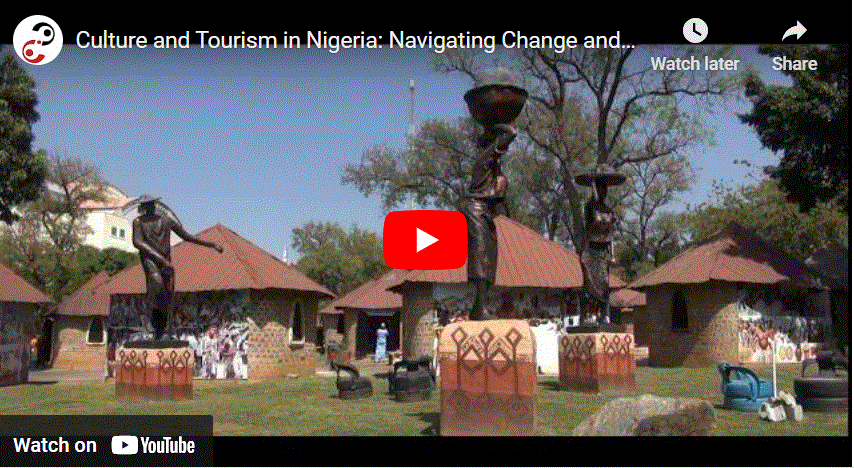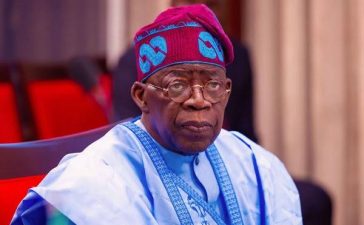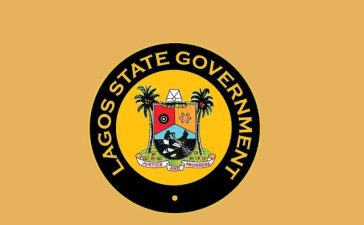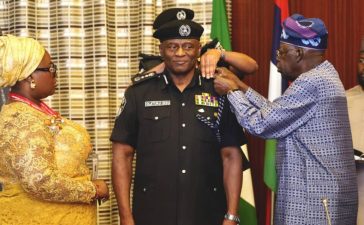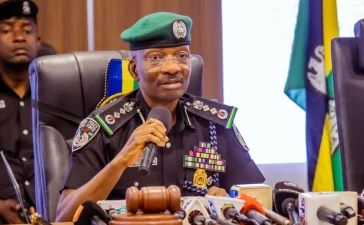In the heart of Africa, Nigeria stands as a mosaic of diversity, housing over 370 ethnic groups and a linguistic kaleidoscope with more than 500 distinct languages. This richness has historically been both a source of strength and a challenge to economic growth, a juxtaposition highlighted after the 1970 civil war.
In an effort to foster reconciliation, reintegration, and rehabilitation, General Gowon’s administration conceptualized a ‘unity festival’. As a result, the All Nigeria Festival of Arts and Culture (ANFAC) was established in 1970, evolving into the National Festival of Arts and Culture (NAFEST) after the triumphant FESTAC ’77. Today, NAFEST serves as an annual national celebration, hosted by individual states under the guidance of the National Council for Arts and Culture (NCAC).
However, over the years, Nigeria’s journey in tourism, arts, and culture has seen triumphs as well as challenges. Despite boasting diverse ethnicities, 500 languages, and breathtaking landscapes, the spotlight often shifts to the oil sector, overshadowing the cultural and tourism potential.
Experts advocate for a crucial synergy between art, culture, and tourism, seeing them as vital for holistic national development. Former NCAC Director-General Otunba Segun Runsewe recognized this and convened a groundbreaking NAFEST Review Conference. This gathering of tourism and culture commissioners from all states of the federation including the Federal Capital Territory Abuja (FCT) aimed to refocus stakeholders on the industry’s economic contributions.
The conference was a resounding success, shedding light on the lucrative nature of tourism and its potential for sustainable development. Yet, recent industry changes, including the implementation of the Orosanye recommendations to consolidate agencies and reduce government spending, have stirred concerns about the sector’s future. President Bola Ahmed Tinubu’s approval for these changes reflects a broader governmental aim to streamline operations.
Experts believe this juncture demands a paradigm shift, urging a re-evaluation of priorities beyond oil dominance to embrace the wealth within Nigeria’s cultural tapestry. As Nigeria navigates the confluence of arts, culture, and tourism, hopes are high for a future where these sectors synergize to shape a vibrant and economically thriving nation.
Amidst these changes, the absence of Otunba Segun Runsewe raises questions about continuity and strategic leadership as he embodies a wealth of knowledge and experience on the sector, with membership of international tourism and cultural organizations across the world being the current President, World Crafts Council, Africa Region. Many industry stakeholders argue that a Nigerian tourism and culture industry without him feels incomplete, emphasizing the importance of continuity for sustainable development goals.
As the nation steps into this new chapter, the constant of change prompts a collective anticipation for a more strategic, economically vibrant, and globally positioned Nigeria in the tourism landscape.

